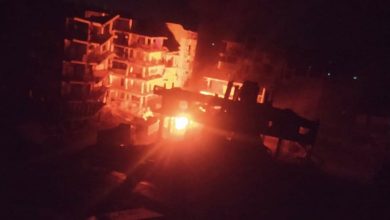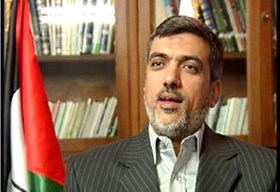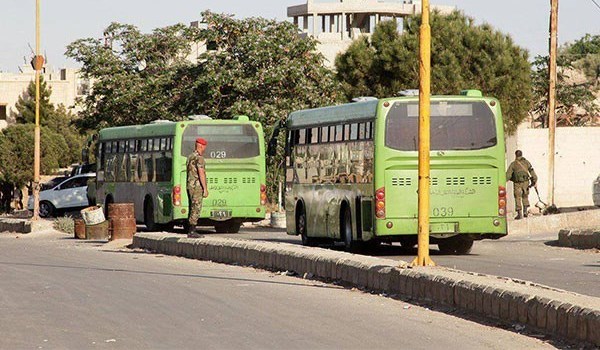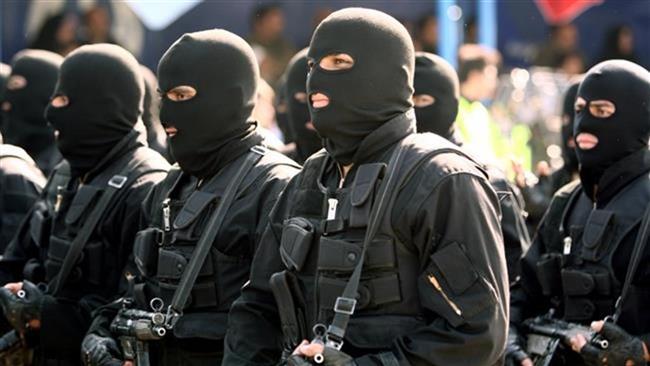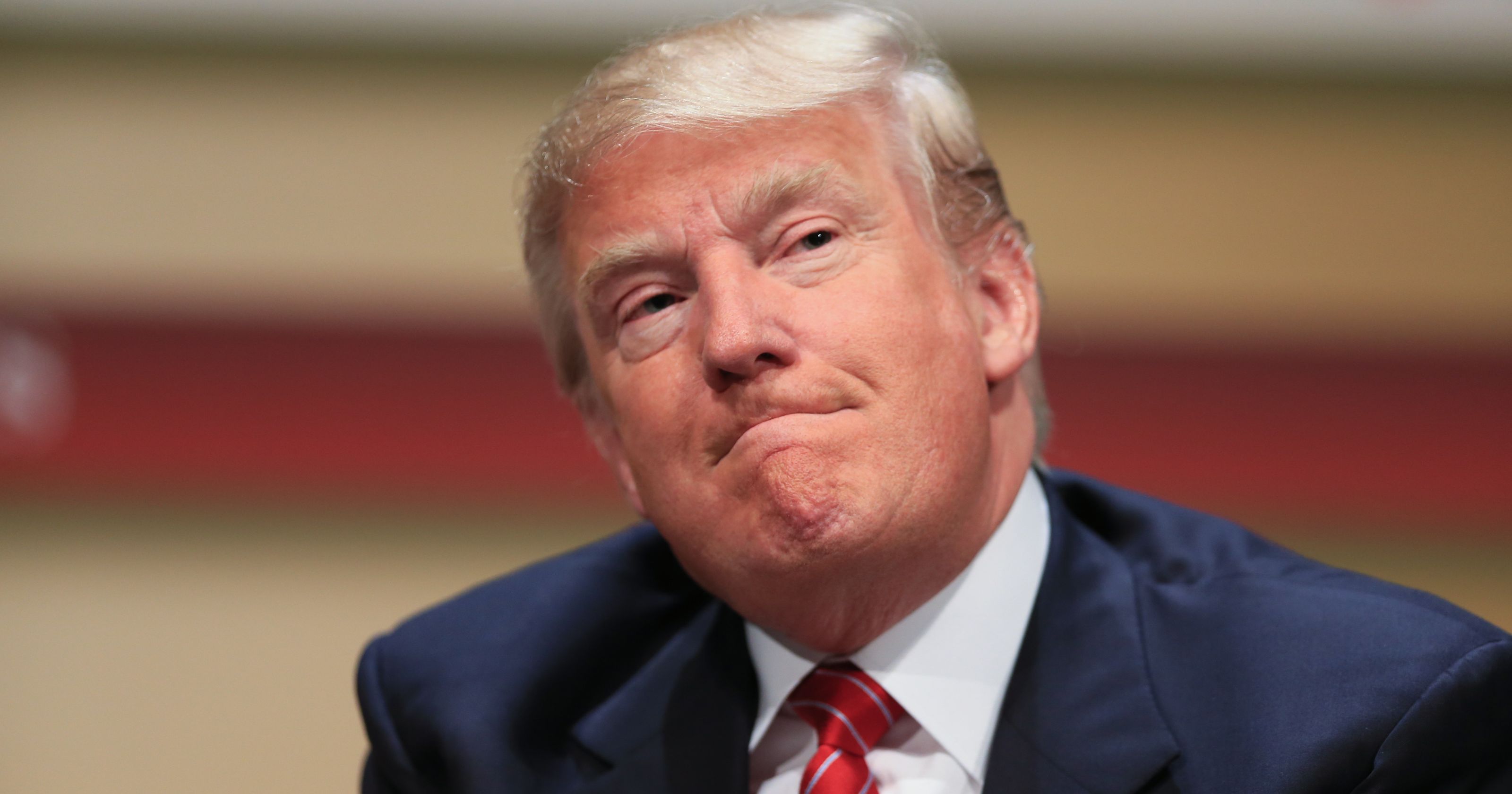US military intervention spreads terrorism in West Asia, Africa: Iran
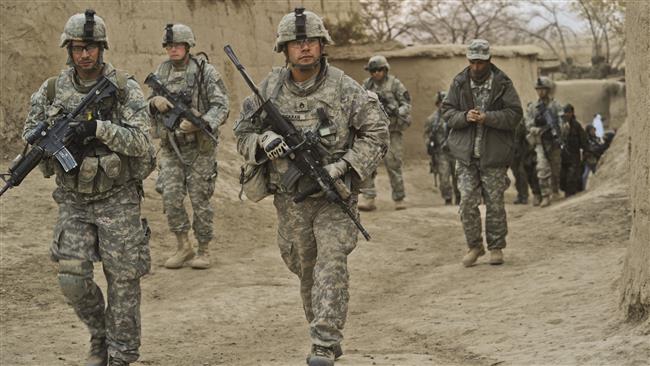

Iranian Parliament Speaker Ali Larijani says the US occupation of Afghanistan and Iraq is to blame for the spread of terrorism and extremism in West Asia and Africa.
“Military intervention and the occupation of Afghanistan and Iraq by the US, and the Saudi aggression against Yemen have led to the increasing growth of terrorist and extremist groups in West Asia and Africa,” Larijani said in a meeting with Justin Muturi, the speaker of Kenya’s National Assembly, in Tehran on Saturday.

“Wrong policies by the US and some countries in using terrorism as a tool have triggered a wave of insecurity in different parts of the world, and today terrorism has turned into an international woe,” he added.
The senior Iranian official emphasized that for a proper fight against terrorism, the main causes of this ominous phenomenon must be identified.
Larijani said the Iranian parliament welcomes cooperation and consultation with Kenya in different fields, particularly in the fight against terrorism.
Afghanistan has been gripped by insecurity since the US and its allies invaded the country as part of Washington’s so-called war on terror in 2001. Many parts of the country still remain plagued by militancy despite the presence of foreign troops.
The military invasion removed Taliban, but militants still seek to wrest control over the war-ravaged country.
Saudi Arabia has been incessantly pounding Yemen since March 2015, with the UN putting the toll at 10,000. The offensive was launched to reinstate Abd Rabbuh Mansur Hadi, a Saudi ally who has resigned as Yemen’s president.

UN Humanitarian Coordinator for Yemen Jamie McGoldrick said last month that the death toll from the Saudi military aggression could rise even further as some areas had no medical facilities, and that people were often buried without any official record being made.
Larijani further stressed the importance of boosting parliamentary relations between Iran and Kenya which he said “plays an important role in enhanced political, economic and trade ties.”
New opportunities for Iran-Kenya ties after JCPOA
The Kenyan National Assembly speaker, for his part, said last year’s landmark nuclear agreement, known as the Joint Comprehensive Plan of Action (JCPOA), between Iran and the P5+1 group of countries has created new opportunities for Iran and Kenya to improve relations.
Muturi added that Kenya calls for the expansion of political, parliamentary and trade ties with Iran as an important country in the region and the world.
The top Kenyan parliamentarian also said his country believes that terrorism cannot be uprooted through military approaches and called for a fundamental fight against the scourge.
Muturi arrived in Tehran on Friday at the official invitation of the Iranian parliament speaker to hold talks with the country’s senior officials on mutual relations and the latest regional and international developments.
He plans to travel to the Iranian city of Shiraz and visit its historic monuments.
